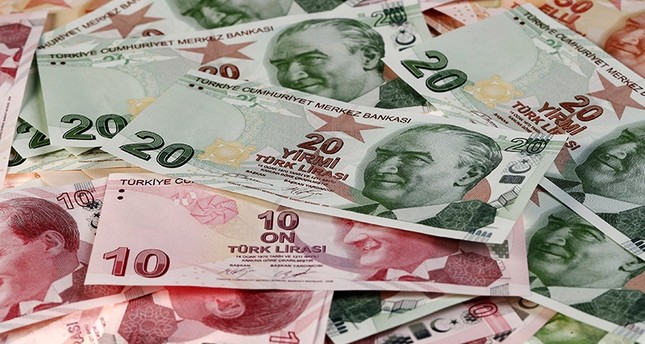
The Turkish currency crisis is exerting a negative influence on the world’s economy. The circumstance is a conflict between the U.S. and Turkey, and both leaders’ actions are spurring the crisis. Before it turns into a grave situation, the international community should move to create harmony.
The conflict began in 2016 after an attempted coup took place in Turkey. The U.S. continues to refuse to extradite Gülen, a U.S.-based Islamic leader who President Erdogan believes participated in the incident. The same year, Turkey detained U.S. citizen, Pastor Brunson, for involvement in the incident. The pastor was an influential supporter of the Republican party and is an evangelical Christian. The U.S. mid-term elections are approaching, and President Trump has announced that he will double the economic sanctions on steel and aluminum from Turkey, which refuses to release the pastor. In Turkey, where there are fears of chronic inflation, the Turkish central bank was pressed to raise interest rates. However, President Erdogan, who is hostile to interest rates, has been intervening with monetary policy, making it difficult to increase interest rates. It has devolved into a situation where a currency defense plan is difficult to put forth.
As a result of both presidents invoking somewhat extreme policies, the value of the Turkish lira, with its deteriorating reliability, has declined forty percent since the beginning of the year. It is a sudden, unusual currency crisis, in that it could be said that this is a man-made disaster caused by political leaders.
The effect of this was immediately felt in the financial markets of many countries. Stock prices of key European countries, which invested large amounts of money in Turkey, suddenly declined, and that decline also spread to Japanese and U.S. stock markets. Many countries’ stock continue to remain unstable, and the currency value of emerging market countries such as Argentina and South Africa declined as well, because uneasy investors concerned about Turkey’s economic situation have began to withdraw their funds.
If this continues then it will directly contribute to daily suffering for ordinary people. In Japan, if stock prices continue to fall due to the appreciated yen, then that will invite the deterioration of corporate financial affairs and will be connected to wage control. In countries with weak currency, a sudden jump in import prices leads to inflation and can be a primary factor in the world economy’s problems.
However, neither president shows any sign of giving in. If this continues, an economic crisis is likely to occur. The international community, including Japan, urgently needs to convene to press both presidents to reflect. For such an intervention, there is the G20 meeting of finance ministers and central bank governors in which the U.S. and Japan, as well as Turkey, participate. Each country should share in the understanding of the reality that this excessive confrontation and emphasis on serving one’s own country first will also hurt themselves.

Leave a Reply
You must be logged in to post a comment.